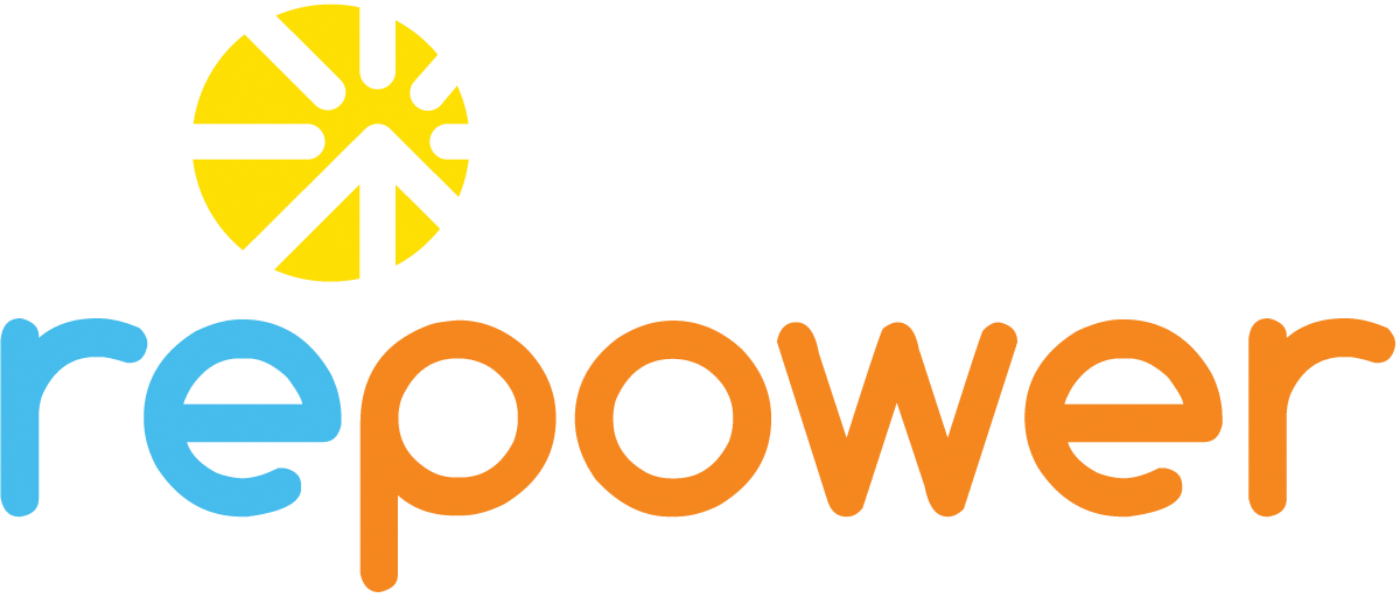Buying or selling a home with a solar PV (electric) system should be a no-brainer: The solar system’s clean energy reduces the home’s electricity bills and, thereby, increases the value of the home. True, if you apply common sense and logic; not so fast, if you dig deeper.
One in five single family homes — 2,300-plus -- in Davis have solar PV systems. Solar is no longer an oddity: It is becoming an ante for homes in Davis.
RepowerYolo’s objective is to help 1,000 homeowners reduce the cost and simplify the process of going solar. Concurrently, over the past few years we have helped dozens of Yolo County home buyers, home sellers and their Realtors assess existing solar systems. To wit, here are five fundamental questions to engage in evaluating the viability and value of a solar system before you buy or sell a home:
1. Ownership: Who owns the solar system?
If the existing home owner purchased the solar system, you’re in good shape. Congratulations. If not, buyer beware, particularly if the solar system was leased (i.e., installed at no cost to the homeowner, and owned by a third-party, tax equity fund). Approximately 60% of solar systems in California are leased and, upon sale of the home, either the home buyer opts in to the remaining term of the lease, or the home seller buys out the system. Action item: Review the solar lease documentation to determine the transfer and buy-out options.
In addition to homeowner-owned and -leased solar systems, a growing number of solar systems have been funded through Property Assessed Clean Energy (PACE) financing, employing the property tax system. In these scenarios, homeowners pay an annual assessment — typically over 20 years — to finance the improvement to their property. The special assessment may transfer to the new home owner (upon sale), though it’s not certain. Action item: Learn if any energy-saving improvements have been financed via PACE and, if so, the amount of the annual assessment and whether it can be transferred.
2. Equipment: Who manufactured the solar panels and inverter(s), what are the remaining warranties, and what’s the financial condition of the manufacturers?
Of the several hundred companies that manufacture solar panels, only one-dozen or so are qualified as Tier 1 (or investment grade) by Bloomberg, evidencing their financial stability. Most solar panels have 10-year product and 25-year performance warranties. Likewise, there are a handful of high-quality inverter manufacturers, and most inverters have 10-12 year product warranties. Action item: Review product warranties, assess the financial stability of the providers/manufacturers, and ensure the warranties are transferable.
3. Installation: Who installed the solar system, what is the installation contractor’s workmanship warranty, and is it transferable?
We believe its imperative for homeowners to receive a 10-year workmanship warranty from solar installation contractors. Unfortunately, myriad solar systems have been installed in our community sans such protection. Action item: Review the contractor’s warranty, determine if they are in business, and ensure their warranty is transferable.
4. Performance: How is the solar system performing, and how much money is it saving each year?
This is simple: Review the solar system’s historical electricity generation via either its monitoring system or its inverter, and compare to its forecast. And, download and review PG&E net-energy metering data to determine the solar system’s annual savings.
5. Details: Was the system properly permitted and interconnected to the grid?
Again, basic stuff: Review the building permit — if it’s not available, call the building department to ensure no permits are unsigned — and the PG&E interconnection agreement. There should be no surprises.
RepowerYolo provides complementary solar system assessments — employing the above five steps — for a select group of Realtors in our community. If and when you are buying or selling a home with solar, feel free to contact us or your Realtor to learn more.



